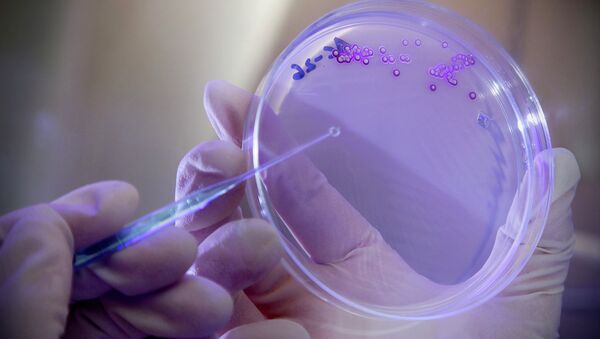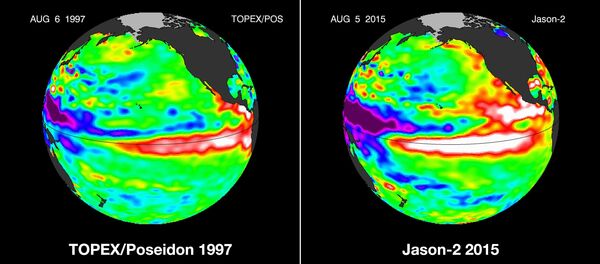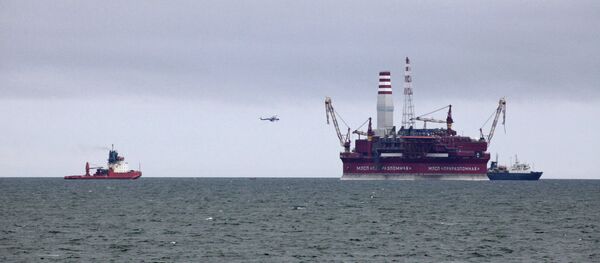As the Arctic ice cap continues to recede to unprecedented levels each year, huge loads of carbon dioxide and methane are released into the atmosphere, pushing global temperatures higher and higher. However, at that moment, soil bacteria from the Upland Soil Cluster Alpha group start absorbing that methane, turning it into methyl alcohol, according to the study published in The ISME Journal.
Moreover, researchers noted, this bacteria' capability to neutralize methane in the atmosphere increases as global temperatures rise.
For instance, according to Princeton University's blog, "During a three-year period, a carbon-poor site on Axel Heiberg Island in Canada’s Arctic region consistently took up more methane as the ground temperature rose from 0 to 18 degrees Celsius (32 to 64.4 degrees Fahrenheit)."
"We don't have a direct answer as to whether these Arctic soils will offset global atmospheric methane or not, but they will certainly help the situation," Chui Yim Lau, one of the authors of the study said.
The scholars are optimistic about the prospects of using Arctic bacteria and suggest that if it’s ubiquitous in all arctic soils, it will play a major role in the regulation of methane levels in the atmosphere throughout the world in the future.



